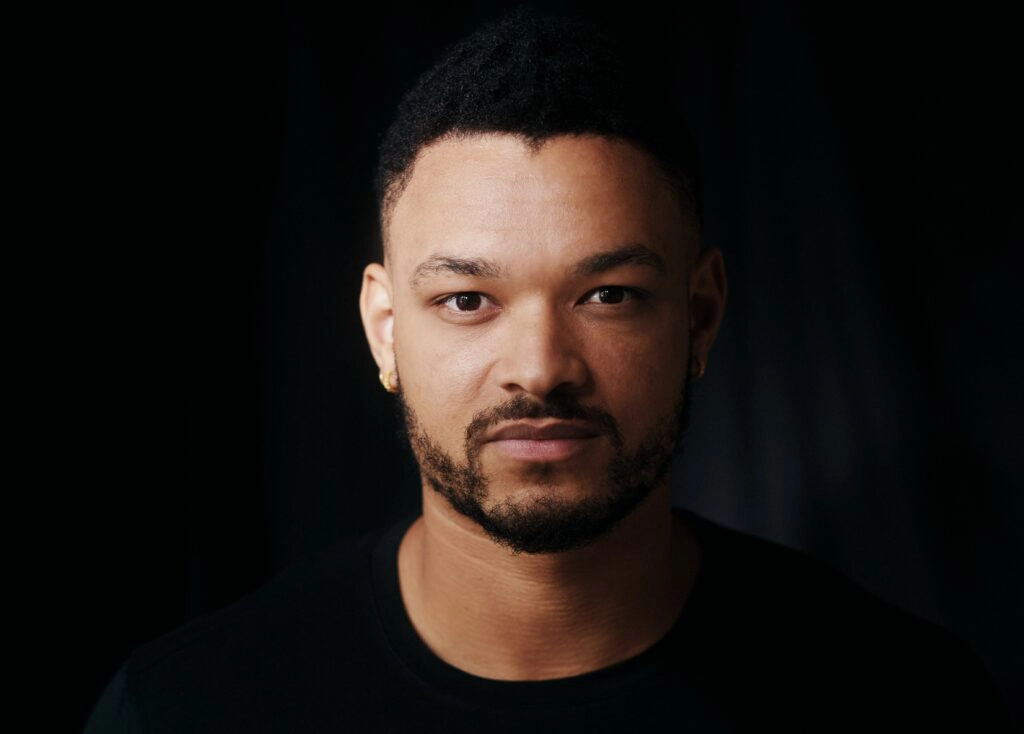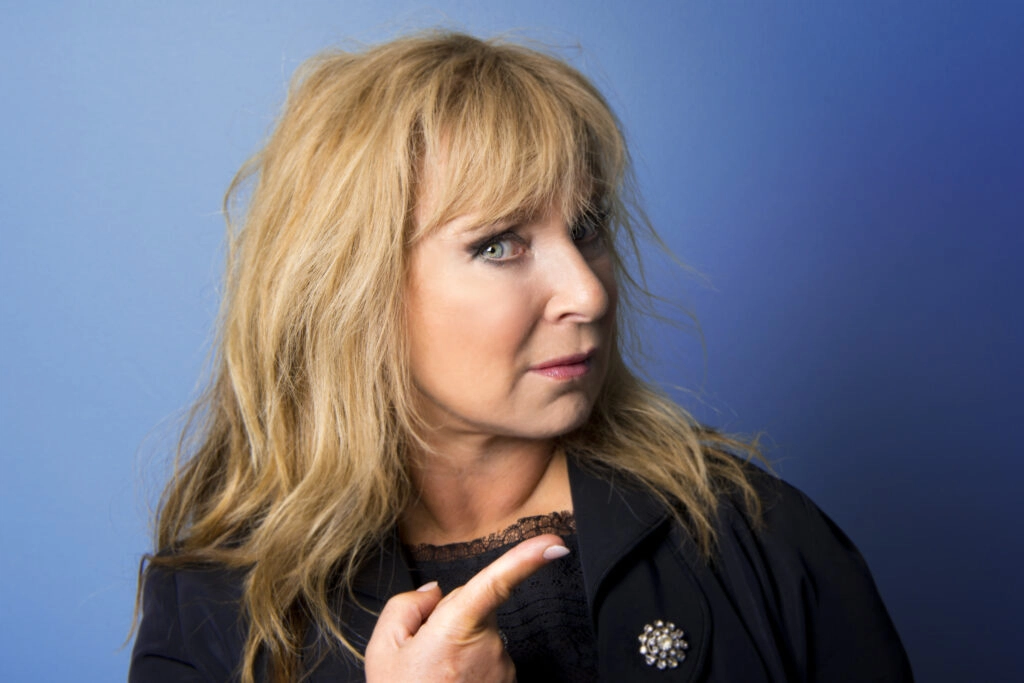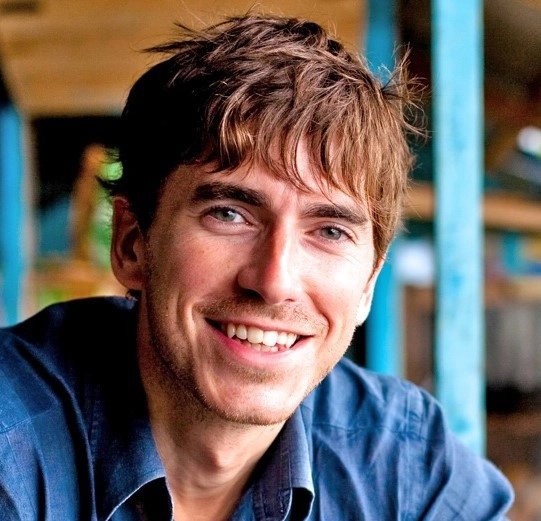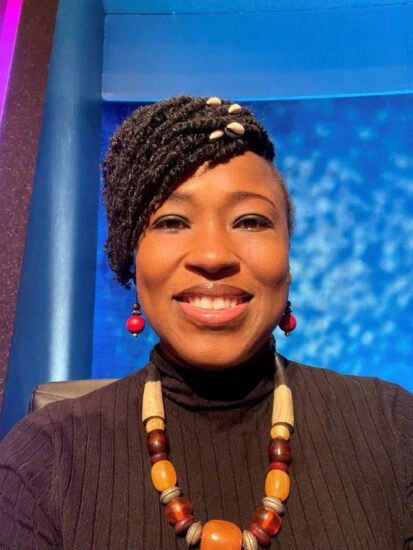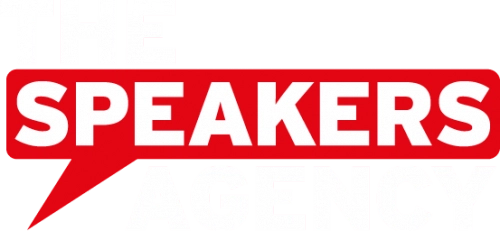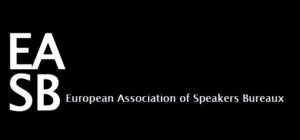Categories:
Fees:
*Fees are a guide only. Exact cost will be dependent on requirements and are subject to change.
John Kampfner
John Kampfner is a distinguished author, journalist, and political commentator specialising in geopolitics, particularly Germany, Russia, and European affairs. A former foreign correspondent and editor, he has covered major global events for over 35 years. A bestselling author and broadcaster, he is also a Senior Fellow and chairs key cultural and diplomatic initiatives in the UK and Germany.
About John Kampfner
John Kampfner is a renowned author, journalist and political commentator, who works with audiences worldwide to understand and interpret the geopolitical issues that have shaped and continue to shape society.
As a foreign correspondent for the Daily Telegraph, he was based in Berlin and Moscow. An expert on Germany, Russia and European affairs, he has covered some of the world’s biggest stories over the past 35 years, from the fall of the Berlin Wall to the collapse of Soviet Communism to the rise of Vladimir Putin. Further afield he has made documentaries on US foreign policy and the Middle East conflict.
As a long-standing political commentator for the Financial Times and BBC, and as former editor of the New Statesman magazine, he is known as one of the most respected columnists on the UK, covering all governments from Tony Blair to Keir Starmer, taking in the wars in Afghanistan and Iraq, to Brexit to Ukraine.
John writes regularly for the Guardian, the FT, Foreign Policy, and Der Spiegel, and frequently appears on television and radio for a range of European broadcasters and continues to make programmes for BBC Radio 4 and World Service.
John’s most recent book In Search of Berlin (2023), was published to critical acclaim, and his previous book, Why the Germans Do It Better (2020), was a Sunday Times best-seller. Another best-seller, Blair’s Wars (2003), is now a standard text in schools, and Freedom For Sale (2009), was short-listed for the Orwell Prize.
John is currently based in Berlin, where he is a fellow at the Institute for Advanced Study. He is also Senior Associate Fellow at the Royal United Services Institute and is Chair of the UK-German Young Königswinter organisation, which brings together young thought leaders from both countries.
For the past five years he has been Chair of the Quentin Blake Centre for Illustration, and he was founder Chair of Turner Contemporary, one of the country’s most successful art galleries. He was awarded an Honorary Doctorate for his services to the arts by Bath Spa University in 2019.
To book Keynote Speaker John Kampfner, contact The Speakers Agency on +44(0)1332 810481 or email enquiries@thespeakersagency.com
International Political Tensions: The threat and opportunities for global business
A grand sweep of areas of conflict, well known and less known, this talk dissects the intentions of China, Russia and other hostile forces. What are the next steps? What can and should the West do? What about the role of the growing force of non-aligned states, the likes of India, Brazil and South Africa in navigating the many hotspots that affect trade and investment decisions?
The Germans: All you need to know about the EU’s powerhouse in the midst of a generational change
The Germans are praised for their skilled engineering, exporting prowess and R&D. But they’ve fallen behind on digitisation and innovation. A country that prides itself on its prudence is now having to find tens of billions to upgrade its armed forces – and to change the national mindset at a time of high tension. In this keynote, John looks at the impact on Germany today and, and what the future holds for a country recognised as powerhouse of Europe for many years.
Putin – the threat, the grievance and what it all means
2004 saw John engaged in a bizarre encounter, a four-hour diatribe in which Putin set out his grievances towards the West. In this keynote, John explains Putin’s obsession with Russia’s great power past and his refusal to allow other Slav nations (notably Ukraine) their independence. He also considers Putin’s next likely incursions into Europe and whether he can be stopped at home or abroad.
Populism: what next?
In what ways will Donald Trump Mark II differ from his first presidency? More broadly, what are the ideological and policy priorities of this second incarnation of populism? How does the landscape of 2024/25 differ from the thinking that marked the advent of Brexit and Trump’s first victory in 2016? For example, Giorgia Meloni in Italy may share much of the world view of Silvio Berlusconi, but in her approach to government, she could not be more different. The same goes for Marine Le Pen in France and her protégé, Jordan Bardella. The second-generation populists are more professional, and less charismatic, than their predecessors. How will this affect their prospects, and the consequences for the rest of us?





